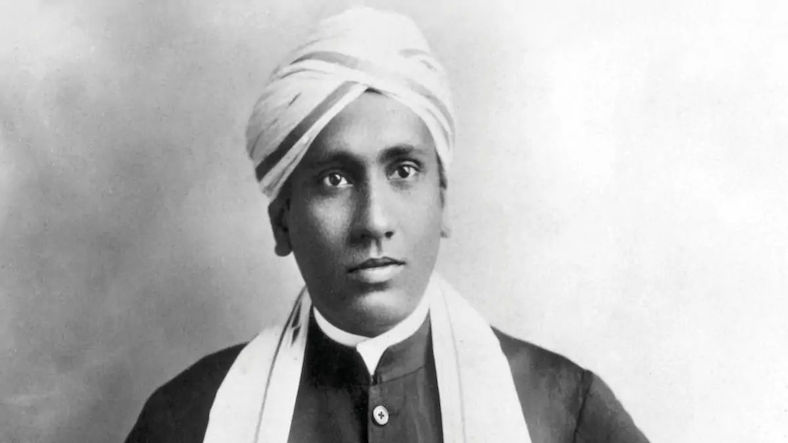Chandrasekhara Venkata Raman, commonly known as C. V. Raman (1888-1970), was an eminent Indian physicist who won the Nobel Prize in Physics in 1930 for his groundbreaking work on the scattering of light, a phenomenon known as the "Raman Effect." He was born on November 7, 1888, in Thiruvanaikaval, Tiruchirappalli, Tamil Nadu, India.
Here are some key aspects that contribute to C. V. Raman being considered a great figure:
-
Raman Effect: Raman's most significant contribution to science is the discovery of the Raman Effect, which refers to the scattering of light by molecules, leading to changes in its wavelength. This discovery revolutionized the field of spectroscopy and provided a new way to analyze the molecular structure of substances. The Raman Effect opened up avenues for studying chemical and physical phenomena at the molecular level and had far-reaching implications in various scientific disciplines.
-
Scientific Excellence: Raman was a highly accomplished and brilliant physicist. He made significant contributions to the study of optics, acoustics and crystal physics. His research not only advanced scientific knowledge but also had practical applications in fields such as medicine, material science and telecommunications.
-
Leadership and Institution Building: Raman played a pivotal role in developing and strengthening scientific institutions in India. He served as the first Indian director of the Indian Institute of Science (IISc) in Bangalore and founded the Raman Research Institute in 1948. Raman's efforts in building scientific infrastructure and fostering research culture paved the way for future generations of scientists in India.
-
Recognition and Awards: Raman's work garnered international recognition and numerous prestigious awards. In addition to the Nobel Prize, he received several honors, including the Bharat Ratna, India's highest civilian award and the Lenin Peace Prize. His accomplishments elevated the global standing of Indian science and inspired future generations of scientists.
-
Educational Reforms: Raman was an advocate for science education and research. He actively promoted scientific education in India and worked towards reforming the curriculum and pedagogy to foster scientific thinking and innovation. Raman's efforts in promoting science education played a crucial role in developing a strong scientific community in India.
-
Nationalism and Patriotism: Raman's work and contributions were deeply rooted in his love for his country. He firmly believed in the potential of Indian scientists and sought to establish India as a center of scientific excellence. Raman's dedication to his homeland and his scientific achievements have made him a symbol of national pride and inspiration.
C. V. Raman's groundbreaking discoveries, scientific excellence and commitment to scientific education and research have cemented his place as one of India's greatest scientists. His contributions to the field of physics, particularly the Raman Effect, have had a lasting impact on scientific understanding and continue to shape various scientific disciplines. Raman's legacy serves as a reminder of the immense potential of Indian science and the power of curiosity and perseverance in unlocking the secrets of the universe.










